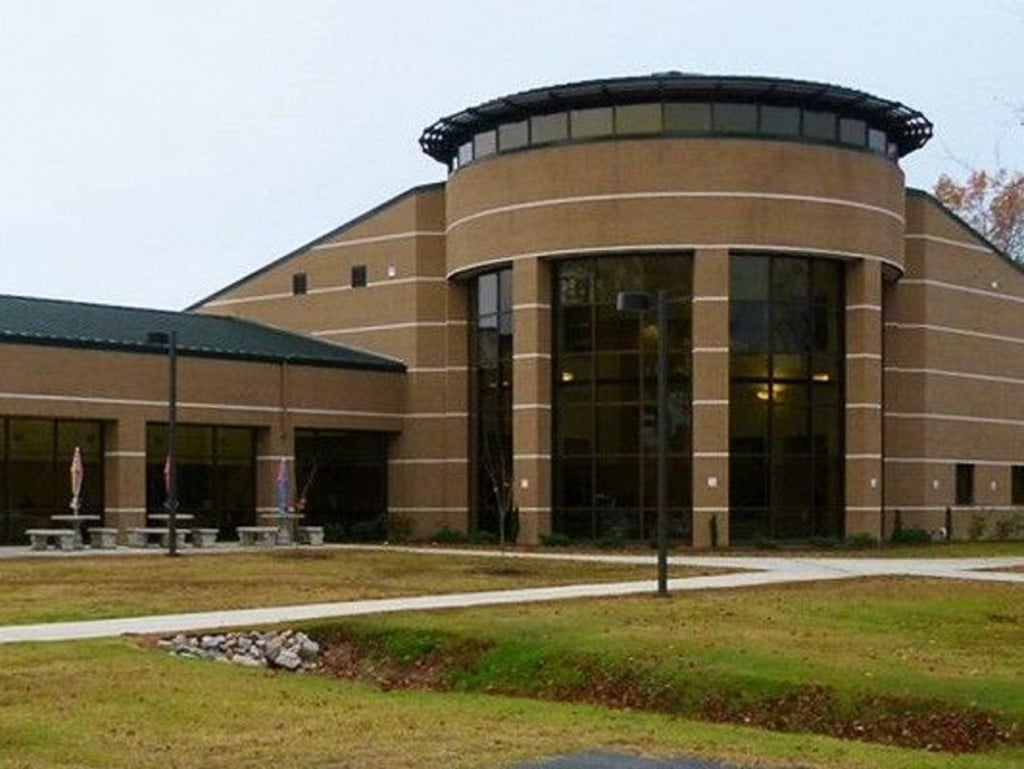Non-native Emerald Ash Borer threatens a southeastern North Carolina tree
BLADEN COUNTY, NC (WWAY) — The North Carolina Forest Service has put out an alert after a type of invasive pest has killed millions of trees in the U.S.. The creature is now posing a threat to parts of southeastern North Carolina.
WWAY spoke to an official on Wednesday at Tory Hole Park in Bladen County.
“There is a fair amount of them right here where we are standing at. They’re all being affected by Emerald Ash Borer right now,” N.C. Forest Service Forest Health Program Head Jim Slye said.
The Emerald Ash Borer preys on green, white, carolina, and pumpkin ash trees. When these insects’ eggs hatch, the larvae bore into the bark and feed on tissues of the tree.
N.C. Forest Service has confirmed the presence of the insect in several counties, with Duplin being one of the most recent.
“We now have 76 counties that are infested with Emerald Ash Borer throughout the state. The only area that’s not infested at this point is the very southeastern corner of the state and part of the northeastern corner of the state,” Slye said.
Jim Syle is North Carolina Forest Service’s Forest Health Program Head. He said they’re especially concerned because trees that are native to our area don’t have the ability to protect themselves from this invasive species.
Some of the signs and symptoms of an infestation include thinning and dying tree crowns, increased woodpecker activity, tiny d-shaped exit holes where adult beetles emerged from the trees, and cream-colored larvae.
“We don’t have those natural controls, no natural adaptations. So, those trees aren’t able to fend off those insects,” Syle said.
Syle said he and his team are working to trap the Emerald Ash Borer but, in many cases, once they have been discovered, the damage to the affected tree is already done.
Bladen County resident Chris Pait said he’s familiar with these insects and the trees they’re targeting.
“They got the job cut out for them because I know ash wood is real hard wood. I know it takes a lot to burn ash wood. They’ve got to be pretty tough bugs to even bore into them. So, it’s something you need to look out for,” Pait said.
If you notice your ash trees deteriorating, contact N.C. Forest Service. This will help them monitor these insects and preserve North Carolina trees. Click here to find out what to be looking for and what to do if you see one.




